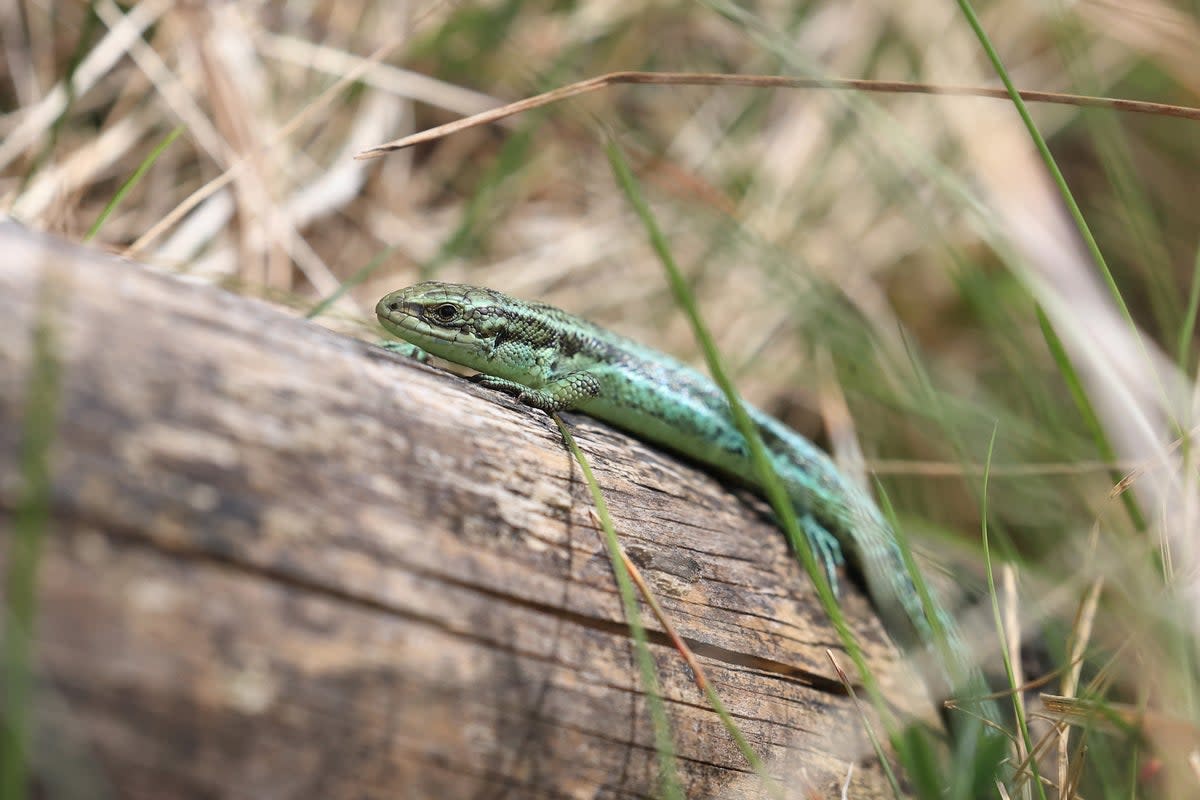Lizards being born ‘old’ as temperatures rise

Some lizards are being born already old because of the climate crisis, research has revealed.
Scientists say reptiles in the rapidly-heating south of France are being born with DNA that is already damaged and aged – and it may affect their chances of survival.
High temperatures have caused wildfires to ravage woodlands and shorelines to overheat, causing devastating knock-on effects for different animals including displacement and even death.
But the viviparous lizard, or the common lizard, faces a different problem that could severely curtail species numbers.
Andréaz Dupoué, a biologist at Ifremer, a research institute in France, studied the country’s Massif Central mountains with his team, cataloguing the lizards’ genetic material over 10 years.
They measured caps at the ends of the lizards’ chromosomes called telomeres, which shield the rest of the DNA from fraying. These caps start to deteriorate as the lizard ages, until it gets to the point it can no longer provide proper protection.
Rising temperatures can cause telomeres to reduce early, so they no longer protect the DNA.
One of the 10 lizard populations targeted disappeared over the course of the study.
"It was quite sad, actually," Mr Dupoué told the Washington Post. "It’s something that is really happening at a rapid pace.
“Once you are in this circle of events, it’s quite complicated to come back. It can become a vicious circle.”
Temperatures in France have soared into the high 30s as the country contends with its third heatwave of the year.
The mercury was set to reach 40C near the city of Toulouse on Wednesday, while swathes of central and southern France were predicted to see highs of 38C. In total, some 27 departments have received an “orange” weather alert due to the heat.
Authorities in Paris warned residents to be “extremely careful” and to stay out of the sun where possible.

